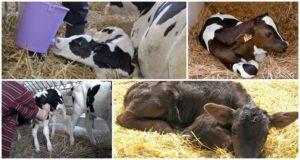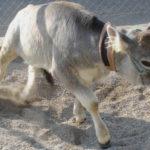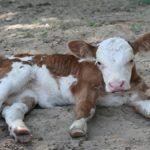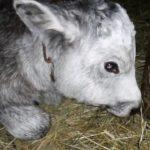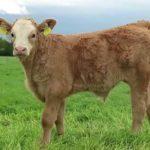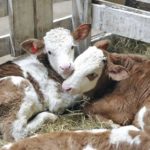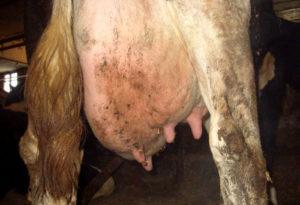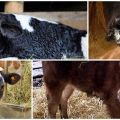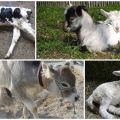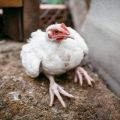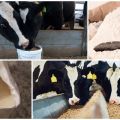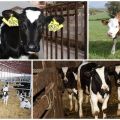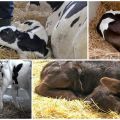Symptoms and diagnosis of rickets in calves, treatment and prevention
Young cattle require care and attention from the moment they are born. Improper care or feeding causes metabolic disorders and often leads to rickets in calves. Problems can arise at different stages of offspring development. Studying the causes of the disease, identifying the disease at an early stage and timely prevention will save farmers from serious consequences.
Causes of rickets in calves
Calf disease is caused by a lack of vitamin D, which is involved in the metabolism of phosphorus and calcium. A deficiency of beneficial trace elements interferes with the proper formation of bone tissue. As a result, signs of developmental delay are observed in the offspring of cattle. The main causes of rickets:
- Diseases of the gastrointestinal tract.
- An imbalance in the acid-base environment.
- Unbalanced nutrition, leading to vitamin deficiency.
- Lack of sunlight.
Often, rickets occurs in calves while still in the womb. This is caused by a poor feeding ration, which causes metabolic disruptions in a pregnant cow. Most often, the disease manifests itself in calves during the first year of life. Cases of mass diseases are noted in the winter, if the livestock is rarely allowed out for a walk.
Symptoms and signs
Rickets is characterized by slow development. Over time, symptoms appear:
| Stages of the disease | Signs |
| Early stage | Perverted appetite in calves |
| Disruption of the gastrointestinal tract - bloating and diarrhea | |
| Convulsions | |
| Loss of shine and elasticity of the coat | |
| Lameness and weakness of the limbs | |
| A month after the illness | Lumps appear on the chest ribs |
| The joints increase in size | |
| The shape of the skull changes | |
| Curvature of the trunk | |
| The height of the disease | Tachycardia |
| Labored breathing | |
| Decreased hemoglobin levels | |
| General weakness |
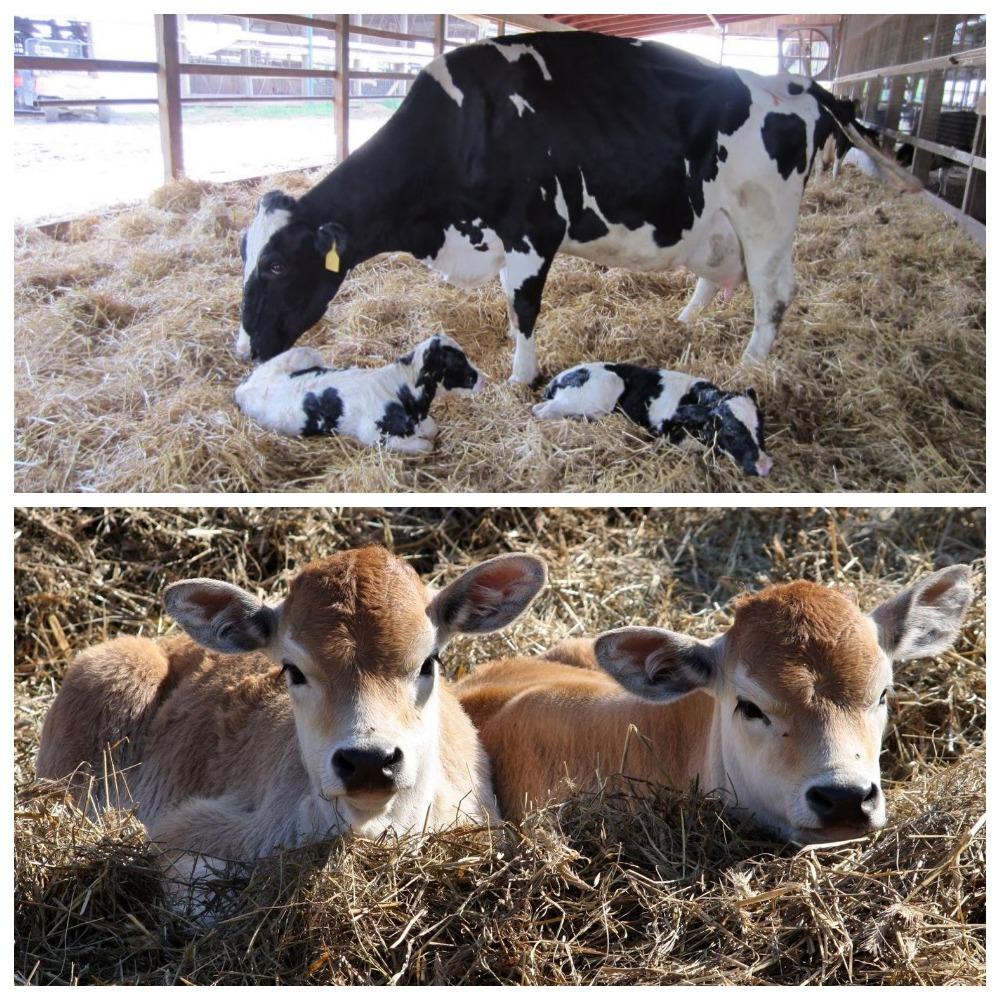
Sick calves begin to wobble and lose their teeth. As a result, the animals begin to lose the gained weight. When moving, a characteristic crunch of bones is heard. Fractures often occur.
Diagnostics
A veterinarian is invited to clarify the diagnosis. It is difficult to independently determine the nature of the disease. Symptoms similar to rickets have ailments:
- Rheumatism.
- Joint pathologies.
- White muscle disease.
- Copper deficiency diseases.
The doctor examines the diet of feeding the calves, examines the animal, palpates painful areas of the body. To finally confirm the presence of rickets, a biochemical blood test is done.Specialists also prescribe x-rays or ultrasounds.
Treatment methods
Sick young animals are immediately separated from healthy livestock and placed in a dry and warm room. The conditions for keeping calves are being revised:
- Straw bedding is placed on the floor of the pen.
- As they become dirty, the layers are removed and replaced with fresh ones.
- Check the ventilation system.
- In winter, UV lamps are turned on indoors to make up for the lack of sunlight.
- Provide regular physical activity. In summer, calves are released to pasture, in winter they are walked in the barn.
Animal feeding is also subject to reassessment. Youngsters are given food rich in protein, vitamins and other useful substances.
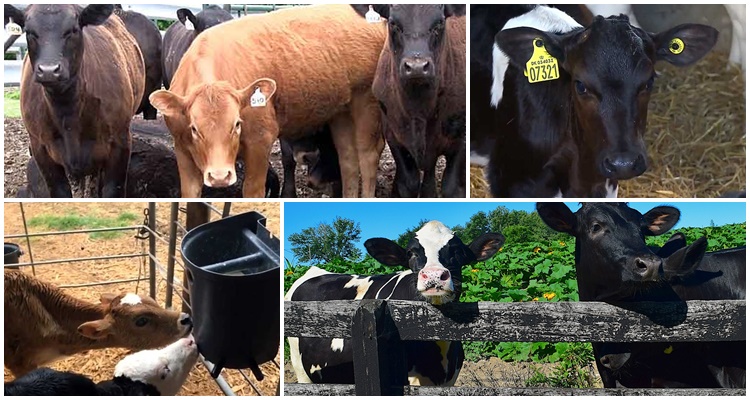
The diet includes:
- Fresh herbs and vegetables. Carrots are especially useful.
- Alfalfa, dandelions or clover are added to hay.
- Yeast supplements.
During illness, the calves are fed with whole milk for about 2 weeks.
The source of macro- and microelements necessary for the body is bone or shell meal, feed chalk. Vitamin and mineral complexes replenish the reserves of phosphorus and calcium.
Intramuscular injections of "Tetravit" and the drug "Ergocalciferol" help well in the treatment of rickets. Inside daily give up to 10 drops of "Trivitamin". The duration of the course is determined by the veterinarian. Sick calves are prescribed fish oil enriched with vitamins. The dose is calculated based on the weight of the animal - 0.5 grams of the drug per kilogram of weight.
Can the problem be avoided?
For the prevention of rickets, a set of activities is organized on the farm. To prevent the onset of the disease, you must:
- Conduct regular veterinary examinations of animals.
- Pregnant cows should be injected with vitamin-containing preparations a month before giving birth.
- Donate the blood of newborn calves for analysis.
- Avoid keeping animals in cold, damp rooms.
- Observe the rules of hygiene.
- Ensure regular walking of the livestock.
- Install UV lamps in the pen.
The diet of animals should be balanced not only during illness. They pay constant attention to feeding, monitor the freshness of products, use useful additives and recommended dosages.
Following the advice on keeping and feeding calves will save the animals from many diseases. Rickets and other pathologies negatively affect herd productivity. And this causes serious damage to the entire farm.
